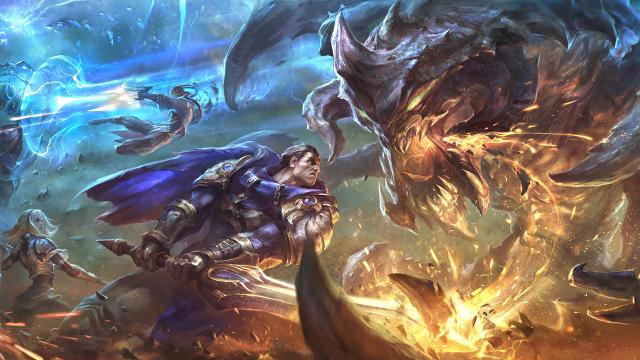Riot is continuing its efforts to limit game-ruining behavior in League of Legends—and a new detection system should further help the cause.
Today’s behavior systems update broke down a new post-game behavioral awareness system that’s in its first iteration. The system measures player behaviors over large periods of time to distinguish between a bad game and intentionally feeding.

“By leveraging a longer player history, we unlock the ability to better inform decisions on when to issue penalties and when to back off,” Riot said.
The finalized system should identify players who frequently engage in game-ruining behavior and enact harsher penalties. While this is already in place for AFKs and leavers, it’ll soon expand to other disruptive behaviors.
The system should also distinguish between players who report offenders accurately in comparison to those who “spam the report button every match.” And disruptive players will have the ability to reform, tracking behavioral shifts over time.
Riot’s early testing is promising, claiming that the system can “simultaneously increase both the number of detections as well as [the] confidence in their quality.”
The behavioral systems team also explained that Patch 10.21 will include an increase in intentional feeding and griefing player detection. The update will look at each death and flag those that are intentional, even if a player hasn’t died many times in a match.
The state of League‘s solo queue was drastically deteriorating, with many players and pros complaining of toxicity and Riot’s lack of action toward combating it. Riot has made an effort to curb it since then, such as a champ select report and mute feature and better detection of griefers.

